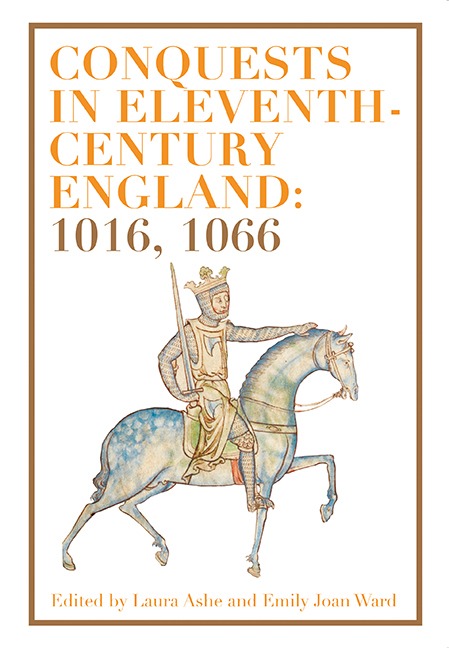13 - French Women in Early Norman England: The Case of Hawise of Bacqueville
Published online by Cambridge University Press: 26 April 2020
Summary
Ego Haduidis filia Nicolai de Baschelvilla, uxor Hugonis de Varhan filii Gripponis, do laude, consilio et consensu sponsi mei, manerium Waddune ecclesie Sancte Marie Villarensis monasterii pro salute anime mee et sponsi mei, amicorumque meorum, annuente magno rege Willelmo, coram baronibus suis, videlicet Odone Baiocensi episcope, et comite Rogerio de Montegomerico, Walterio Giffardo, Willemo de Warenna, et Gaurfrido Martello fratre supradicti Hugonis, et Gisleberto Chalvello, et Roberto de Novilla alisque cumpluribus.
(I Hawise, daughter of Nicholas of Bacqueville, wife of Hugh of Wareham son of Grip, on the advice and with the consent of my husband, give honourably the manor of Waddon to the church of Saint Mary (Notre Dame) of Montivilliers, for the sake of my soul and that of my husband and of my friends, with the assent of the great king William, before his barons, namely Odo bishop of Bayeux, Roger of Montgomery, Walter Giffard, William of Warenne, and Geoffrey Martel, brother of the above-named Hugh, and Gilbert Chavell and Robert of Neauville, with many others.)
Grants such as this by an aristocratic woman living in the mid- to late eleventh century help us to perceive elements of women's lives from an unaccustomed angle. Hawise of Bacqueville (fl. 1086) was a Norman immigrant to England, and with her Norman husband, a member of a new land-holding class. Her experiences may illuminate those of other Norman women, who, unlike English women, have been peripheral to academic studies.
Research on women in early Norman England has concentrated on the widows, sisters and daughters of the Old English land-holding class and the mixed marriages that many entered into. Among the most influential studies have been the essays by Pauline Stafford, whose pointed analyses of Domesday Book and the effect of the Norman Conquest on women have provoked considerable discussion. The issues of survival in the face of a massive societal trauma are fascinating, but so too are the ways in which such women adapted and exerted influence in their communities and counties.
After the deaths and exiles of their husbands and sons, and the appropriation of family lands, aristocratic women found their choices curtailed. It is difficult to detect their activities as political and economic figures. That such women were culture-brokers, transmitting to their children collective memories, stories and language has been recognized by Elisabeth van Houts and Cecily Clarke.
- Type
- Chapter
- Information
- Conquests in Eleventh-Century England: 1016, 1066 , pp. 242 - 262Publisher: Boydell & BrewerPrint publication year: 2020

